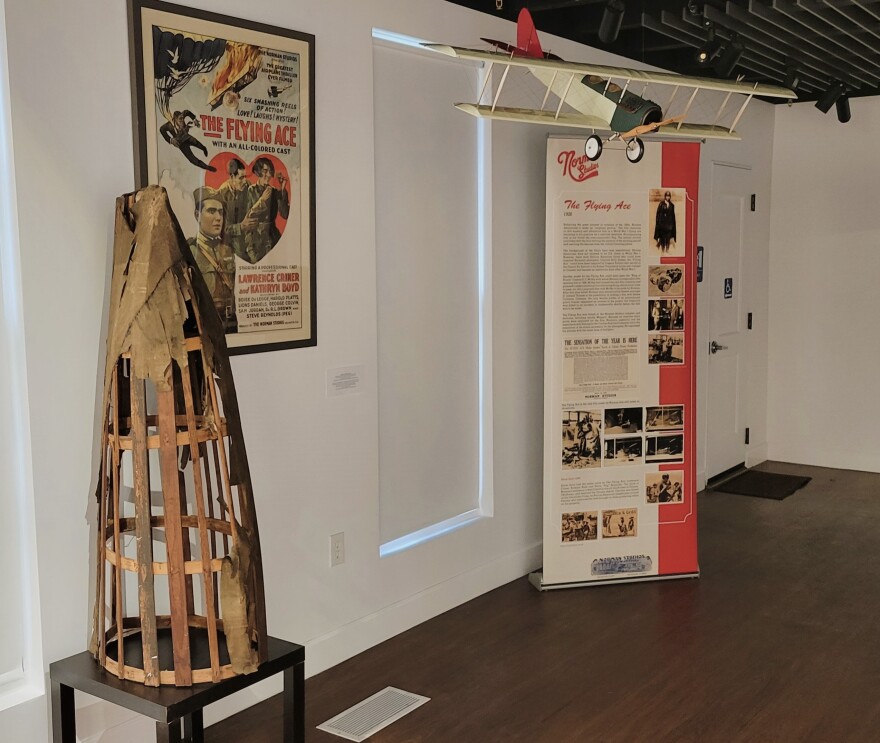The curtain will rise Saturday for a public sneak preview of the only remaining piece of Jacksonville's once busy silent-filmmaking past on Arlington Road.
The Norman Studios Silent Film Museum at 6337 Arlington Road will have free public tours from 3 to 6 p.m. that day to showcase the $1 million in city renovations to its white two-story production building, part of what is also called the only surviving race film studio in America.
The 111-year-old facility is a National Historic Landmark, first operated as Eagle Films from 1916 to 1920, then as Richard Norman's high-quality silent "race films" studio, which produced films specifically for Black audiences. The facility operated when Jacksonville was the original Hollywood, home to about 30 silent-film studios from 1908 through about 1917, before the industry moved to California.

The Eagle/Norman studio complex includes the two-story production office on Arlington Road. Behind it and still intact are a dressing cottage, wardrobe building, generator/garage and a large film stage Eagle Films added in what is now a church on Commerce Street. A swimming pool for aquatic scenes was there, filled in decades ago, along with a long-gone water tower to supply the complex.
After three years of pandemic- and construction-related delays in the city renovation, the public preview Saturday will give visitors a glance at intended displays and reflections from board members on the importance of the museum.
A special presentation of Richard Norman’s first film, 1915's “Sleepy Sam, the Sleuth,” is also set for visitors. Norman's one-reel silent film is a slapstick story involving a herd of sheep, two chicken thieves, a detective and would-be hero Sleepy Sam. It is the only known surviving example of Norman’s earliest films.
Through 1928, Norman made multiple Black films at the Arlington Road studio including "Regeneration" and "The Flying Ace." That last film is the only complete film of Norman's to survive, a World War I epic inspired by Bessie Coleman, the first licensed African American female pilot.

Part of the full-size biplane prop built for "The Flying Ace" survives and will go on exhibit, joining a police officer's hat and a dialog card shown in the silent film now on display. A bit of "Regeneration" footage survives, as does a miniature boat used in the film. So does a poster describing it as "a girl, a man, cast upon an uninhabited island, a garden of Eden, then the serpent."
The grand opening, with longer museum hours, will be held this summer. The sneak preview is free, but participants are asked to register at normanstudios.wildapricot.org/event-5254448.


